
iOS vs Android Security in 2024
In today’s world, mobile security is essential as smartphones store sensitive personal data, including financial information, contacts, and health records. The iOS vs Android debate has persisted over the years, with each platform evolving to counter emerging cyber threats. This article provides a detailed comparison of the two ecosystems’ security models in 2024, helping you make an informed decision.
1. iOS Security: A Walled Garden Approach 🌳
Apple’s iOS is known for its centralized control over hardware and software. Below are the key highlights:
Strengths of iOS Security
- Strict App Store Control:
- Only verified apps are available on the App Store, minimizing the spread of malware.
- With sandboxing, apps cannot interfere with each other or access unauthorized data.
- Secure Enclave for Hardware Encryption:
- Apple devices use Secure Enclave to store biometric data like Face ID and Touch ID.
- Sensitive data remains encrypted even if the phone is lost.
- Regular Security Patches:
- All iOS devices receive simultaneous software updates, ensuring users stay protected from known vulnerabilities.
Challenges of iOS Security
- Sideloading Risks:
Due to European regulations, Apple now allows sideloading apps in some regions, which may introduce risks. - Single Point of Failure:
A potential breach in Apple’s ecosystem could impact all users globally due to centralized control, though such breaches are rare.
2. Android Security: Flexibility with Risks 🤖
Android’s open-source nature offers more customization, but it comes with unique challenges. Below are the main points:
Strengths of Android Security
- Google Play Protect & Antivirus Support:
- Google Play Protect actively scans apps for malware, providing real-time alerts to users.
- Android users can also install third-party antivirus apps for added protection.
- Custom Security Layers:
- Some manufacturers, such as Samsung, offer additional security features like Knox.
- Users can enhance device security by installing custom ROMs and configuring privacy settings.
- Community-Driven Updates:
- The Android community works continuously to find and patch vulnerabilities, which fosters innovation and quicker solutions for specific issues.
Challenges of Android Security
- Fragmentation Issues:
Security patches are not rolled out universally; some manufacturers delay or skip updates altogether, exposing devices to risks. - Higher Malware Risks:
Due to the open-source nature and third-party app stores, Android is more prone to malware attacks.
iOS vs Android Security: Key Differences 🥊
| Feature | iOS | Android |
|---|---|---|
| Software Updates | Simultaneous updates for all devices | Updates vary by manufacturer |
| App Installation | Only through App Store (with limited sideloading) | Supports sideloading and third-party stores |
| Malware Risks | Low due to strict app vetting | Higher, especially through third-party apps |
| Customization | Limited | Highly customizable |
| Encryption | Secure Enclave-based hardware encryption | Software-based encryption (UVFS) |
Which Platform is More Secure in 2024? 🔒
Both platforms have strengths and weaknesses. iOS provides better out-of-the-box security with its centralized updates and App Store restrictions. However, Android offers more flexibility and user control at the cost of higher malware risks. Ultimately, user behavior—such as downloading apps only from legitimate sources and keeping devices updated—plays a crucial role in maintaining security on both platforms.
FAQs on iOS vs Android Security
1. Which platform is better for banking apps, iOS or Android?
Both platforms offer excellent security for banking apps. However, iOS’s strict app vetting process may provide an additional layer of safety.
2. Is sideloading apps safe on iOS and Android?
Sideloading on both platforms introduces risks. It’s best to avoid installing apps from unknown sources to prevent malware infections.
3. How can I improve security on Android?
- Regularly update your software.
- Install apps only from Google Play Store.
- Use a reliable antivirus app for additional protection.
4. Do iPhones get malware?
While rare, iPhones can get malware if users download apps from unauthorized sources or visit malicious websites.
5. Which platform has better encryption for personal data?
iOS devices rely on Secure Enclave hardware encryption, while Android offers software encryption with UVFS. Both are effective, but hardware encryption is generally more robust.
Conclusion: Choose Wisely, Stay Secure 🛡️
In the iOS vs Android security battle, both platforms have come a long way. While iOS offers better protection by limiting user control, Android empowers users at the cost of higher risks. To stay safe, it is crucial to follow cybersecurity best practices such as updating software, avoiding suspicious links, and downloading apps from legitimate sources.
Choose the platform that fits your needs, but remember: The key to mobile security lies in how you use your device. 🚀
This comparison covers every important aspect of iOS vs Android security in 2024, with actionable advice and insights to help users stay secure.






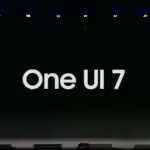


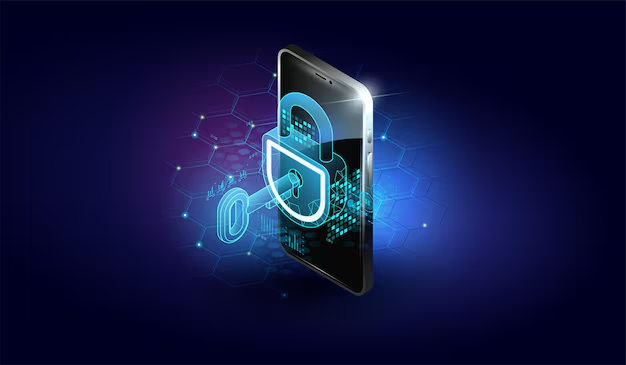










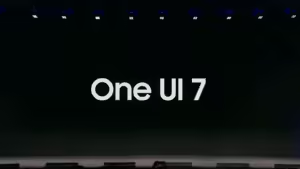

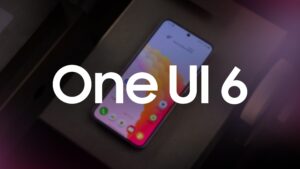
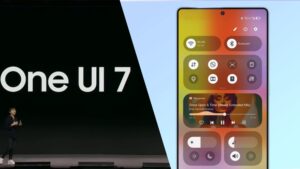
Post Comment